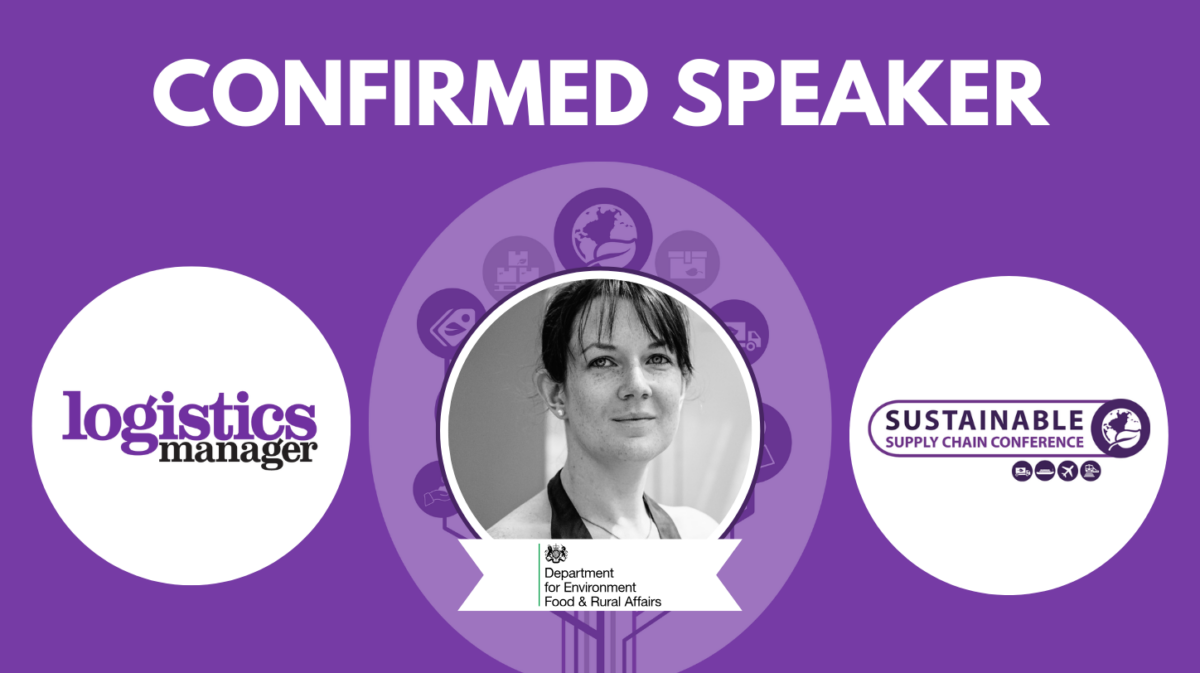Overview of Circular Economy Insights
During the upcoming Sustainable Supply Chain Conference in 2025, critical discussions surrounding potential circular economy roadmaps will unfold. This cutting-edge event is set to take place at 30 Euston Square, London, on June 24, 2025. These discussions will not only highlight sustainability innovations but also explore their implications for global logistics and supply chain operations.
Emma Bourne’s Role and Contributions
Emma Bourne OBE, the Director of Circular Economy at the Department for Environment, Food, and Rural Affairs (Defra), will be a key speaker at the conference. With nearly twenty years of experience in the civil service, Bourne has spearheaded numerous significant government initiatives, including those aimed at addressing complex family needs and preparing for the UK’s exit from the EU. Her expertise also extends to negotiations on agrifood matters under the Windsor Framework, where she played a pivotal role in shaping trade agreements.
Currently, Bourne oversees Defra’s circular economy initiatives, which include comprehensive packaging reforms and the development of effective strategies that promote sustainability across industries. She was honored with an OBE for her remarkable contributions to public administration and champions parenting networks within Defra.
The Conference Session: Transitioning to Circular Economy
The session led by Emma Bourne is titled “The Transition to a Circular Economy.” It aims to equip attendees with valuable insights into how organizations can reinterpret their resource flows and business models towards a more economically sustainable direction. Given the pressing need for transformations in logistics, these discussions are expected to shed light on best practices and innovative approaches.
The Evolution of Sustainable Practices in Logistics
As industries increasingly recognize the importance of sustainability, the integration of circular economy principles is becoming pivotal. This conference serves as a platform to discuss how logistics professionals can adapt their practices to meet these evolving standards. By transitioning towards a circular economy, organizations can foster resilience while minimizing waste and resource consumption.
Key Takeaways for Logistics Professionals
- Sustainable Practices: Implementing circular economy principles leads to reduced waste and optimized resource use.
- Improved Resilience: Businesses adopting sustainable practices can better withstand economic fluctuations.
- Singapore Case Study: Learn from successful case studies, such as Singapore, where logistics and supply chains are transforming through sustainable practices.
Logistics and Circular Economy: The Connection
The concept of a circular economy aligns closely with logistics goals, such as efficiency and sustainability. Adopting these practices within logistics and supply chains not only reduces costs but enhances the overall value proposition for consumers. Companies like GetTransport.com exemplify how innovative logistics solutions can contribute to a more sustainable future. They offer affordable global cargo transportation, addressing diverse needs from home moves to shipping bulky items.
Real-World Impacts on Supply Chains and Logistics
GetTransport.com’s versatile solutions are essential in the context of the circular economy. By leveraging such logistic advancements, organizations can:
- Streamline operations for better efficiency.
- Minimize environmental impact through optimized transportation routes.
- Enhance transparency in supply chains, allowing for more informed decision-making.
Looking Ahead: The Future of Logistics and Sustainability
As we navigate the future of logistics, it’s evident that sustainable practices will play a vital role. Connecting circular economy frameworks with logistics not only meets regulatory requirements but also aligns with the changing consumer expectations for transparency and eco-friendliness. The Sustainable Supply Chain Conference will provide a foundational understanding necessary for professionals looking to embrace these changes.
While insights and expert discussions abound, personal experience remains paramount. Exploring the logistics options available through services like GetTransport.com can empower professionals to make informed decisions that suit their unique needs and priorities. The platform streamlines logistics with clear pricing and a variety of transport options tailored for efficiency and convenience.
الخاتمة
The discussions at the Sustainable Supply Chain Conference represent a significant opportunity for stakeholders in logistics to evolve their practices in light of circular economy principles. The transition to a circular economy not only enhances the sustainability of operations but also boosts overall supply chain resilience. Embracing these changes today can prepare organizations for a greener tomorrow. For your next cargo transportation needs, consider the reliable and cost-effective services offered by GetTransport.com. With a range of options for shipping, moving, and logistics, GetTransport.com simplifies the task, delivering peace of mind without breaking the bank. Book your cargo transportation with GetTransport.com اليوم!

 كشف النقاب عن استراتيجيات الاقتصاد الدائري في مؤتمر سلسلة التوريد المستدامة 2025">
كشف النقاب عن استراتيجيات الاقتصاد الدائري في مؤتمر سلسلة التوريد المستدامة 2025">